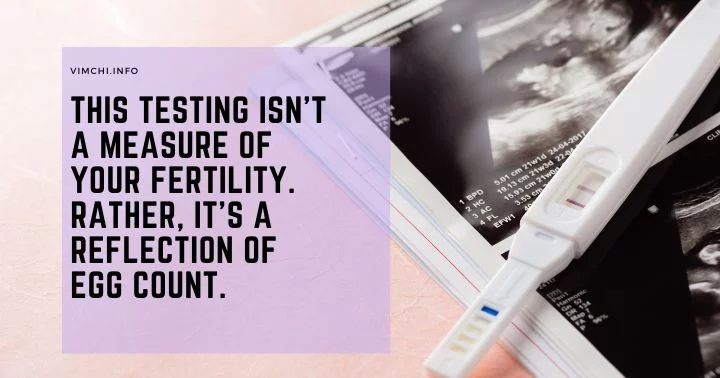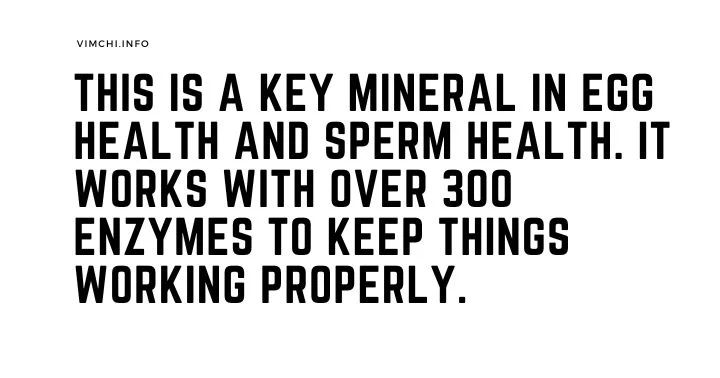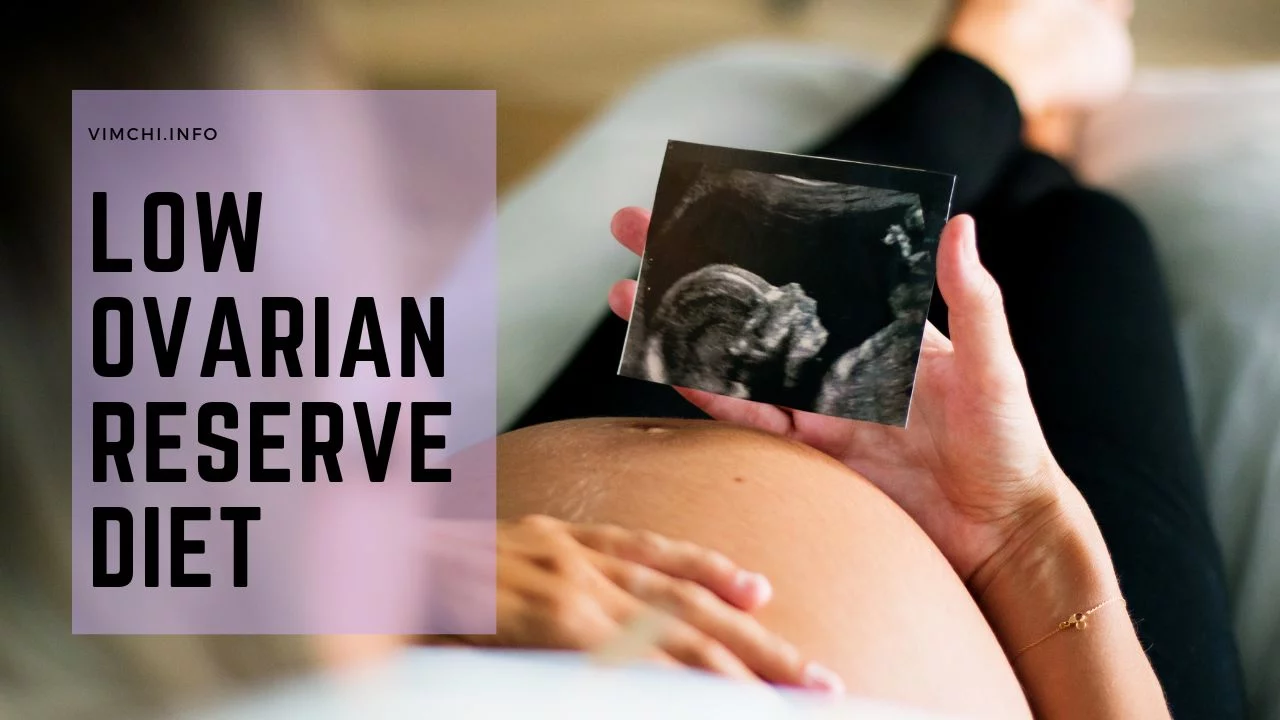Hi there! The woman’s quality of eggs or ovarian reserve may start to decrease at age 30 or earlier. The number of eggs reduces after age 40. However, age isn’t the only factor to consider. Diet also affects follicles. Does a low ovarian reserve diet help? What is it?
Let’s take a look at this diet to boost the number of eggs in women.
What is Low Ovarian Reserve Diet?

As the term implies, it’s a type of diet that boosts your egg health while preserving your ovarian reserve.
However, it’s ideal to undergo a test of your anti-mullerian hormone. It’s a hormone that reflects your egg reserve.
It’s important to note that this testing isn’t a measure of your fertility. Rather, it’s a reflection of egg count.
Keep in mind that fertility also requires healthy sperm. Speak to your gynecologist about this test.
Now, let’s tackle the diet.
What Should You Eat on Low Ovarian Reserve Diet?
Here are the nutrients that you need to incorporate into your diet.
Vitamin D
This is a vital essential fat-soluble nutrient. The best source is direct sun exposure. Many know that this vitamin benefits your bone health.
But that’s not all it can do. It can also affect your egg quality.
In a study, researchers found that women undergoing IVF with sufficient vitamin D levels were likely to produce better egg quality and were likely to bear a child.
Although the excellent source of this vitamin is sunlight exposure, there are people who can’t get enough of it because of their job or cultural dress.
If for some reason, you can’t obtain enough sunlight, you may talk to your doctor about supplementing your body with vitamin D to boost your egg reserve.
Omega-3
There’s sufficient evidence that omega-3 fatty acids can improve both male and female fertility. If you’re trying to conceive, try to up your intake of oily fish.
How does omega-3 improve fertility in women?
It regulates monthly cycles. It also reduces inflammation.
In a study, researchers found that the mice with high levels of omega-3 fatty acid have more precursors to egg cells than mice with lower levels of fat.
It means that the mice had a larger reserve of potential eggs.
These eggs mature into healthy eggs to be fertilized and lead to conception.
However, further human studies are needed before doctors can recommend supplementing the diet with omega-3. But the results are encouraging.
Researchers are still trying to understand how these fatty acids help the ovary in producing better-quality eggs.
Some studies suggest that they can lower levels of inflammation that affect ovarian function.
What are the excellent sources of omega-3?
- Tuna
- Salmon
- Halibut
- Mackerel
- Trout
- Sardines
- Oysters
- You may also try omega-3 supplements. Kyani Sunset contains tocotrienols. It’s a potent form of vitamin E. [link]
CoQ10
It’s a biomolecule that naturally exists in the body and is present in each cell. CoQ10 is a potent antioxidant that functions in cellular energy generation.
As your body ages, its levels diminish. But that’s not all. Aging also leads to the deterioration of CoQ10 conversion.
Hence, people can use it as a dietary supplement to support health and wellness.
A study showed that supplementing the body with CoQ10 could reverse the decline in oocyte quantity and quality because of age.
In other words, it supports your egg quality as you mature.
The good news is that it doesn’t just boost egg quality and number but also helps older women.
You can boost your CoQ10 by eating meat products. Fertility specialists recommend taking between 100 mg and 600 mg of this nutrient.
So, start loading up on steak and some vegetables, like spinach, broccoli, cauliflower, nuts, and seeds.
You may also take a supplement.
But before you supplement your body with this type of nutrient, make sure to consult with your doctor.
Zinc

This is a key mineral in egg health and sperm health. Zinc works with over 300 enzymes to keep things working properly.
Without zinc, your cells won’t divide properly.
In fertility, zinc is necessary to regulate the production of estrogen and progesterone. It also helps your reproductive system to function well.
Women need a certain amount of this mineral to ensure their bodies produce mature eggs for fertilization.
Furthermore, zinc helps in maintaining fluid in the follicles. It’s necessary so that eggs can travel the course through the fallopian tubes into the uterus.
It also regulates hormone levels and makes sure that it’s stable throughout the menstrual cycle.
And if you have fibroids, taking zinc can help in reducing the size.
Fibroids can cause infertility. Thus, reducing the size can help you get pregnant easier.
Taking at least 30 mg of zinc per day can decrease inflamed fibroids. When you meet such requirements, you may likely increase your chances of getting pregnant.
With those benefits, eating enough foods high in this mineral can be helpful. Here are some of the foods with the highest zinc content:
- Beef
- Oysters
- Lamb
- Yogurt
- Sesame seeds
- Turkey
- Green peas
If you can’t eat enough zinc every day, supplementation is the right way to meet the requirements. A zinc supplement may be necessary.
But before you start supplementation, make sure to check with your doctor first. If your physician thinks that you suffer from zinc depletion or fibroids, you may take 30 mg of this mineral to give your body the amount that it needs to function properly.
It’s important to note that adding zinc to your system doesn’t guarantee you produce strong eggs. But it can help improve your chances of getting pregnant.
Antioxidants
Free radicals are everywhere. They are harmful to the reproductive system.
Even though your body makes some, an excess can lead to oxidative stress. This can negatively affect your fertility.
Hence, the need to take an antioxidant supplement to combat oxidative stress. By supplementing your body with antioxidants, you may likely get pregnant.
Antioxidants are vital in canceling the effects of free radicals. They improve egg health and ensure that your cycles are regular.
Thankfully, there are various antioxidants available, including vitamins C and E.
If you wish to supplement your body with antioxidants to boost your eggs, it’s best to use supplements that have been well-researched.
It’s vital that you take steps to protect your egg quality as you age. This can be done by blocking those free radicals before they reach the eggs.
Melatonin supplementation may help improve the maturation of eggs. It’s one reason many doctors recommend women undergoing IVF treatment using it.
As mentioned, taking CoQ10 can increase egg quality. It’s an antioxidant that aims to improve fertilization rate and high-quality embryos.
Your doctor may also recommend the use of prenatal vitamins that include amino acids, vitamins, and minerals.
What Foods to Eat with High Antioxidants?
Most fruits have high antioxidant content. These would include red grapes, strawberries, red currants, cherries, oranges, mangoes, cantaloupe, and papaya.
You may also consider dried fruits. Since the water has been removed, the antioxidant ratio is higher. Plus, they are convenient because you can carry them with you in your purse.
Consider taking dried plums, peaches, figs, raisins, and dates. Although dried fruits contain high antioxidants, don’t eat those with added sugar.
Be Active
You can take all the foods for a low ovarian reserve diet. However, without regular exercise, your fertility will still suffer.
That’s why doctors recommend getting regular exercise. Make sure to incorporate at least 30 minutes of physical activity every day.
Boosting Ovarian Egg Reserve
A low ovarian reserve diet can help boost your egg quality and its number. But talk to your doctor first. Your physician may recommend certain tests to know whether or not you are deficient in one or some minerals, thereby, affecting your fertility.

Speak Now ... Or Forever Hold Your Peace